Wednesday September-17 2025 15:18:09
laboratory test sieve are commonly used in laboratories for particle size analysis and classification of granular materials. Available in sizes of 100mm, 200mm, and 300mm, the larger the diameter, the greater the sample volume that can be processed. A test sieve typically consists of a sieve frame, mesh, and base. The sieve frame is a square or circular metal frame with the mesh mounted on it. The sieve frame height can be either half-height or full-height. The mesh aperture size is determined by the experimental requirements. The base supports and secures the sieve frame. Laboratory test sieves are designed for use with vibrating sieves, such as electromagnetic sieve shakers and top-impact sieve shakers.
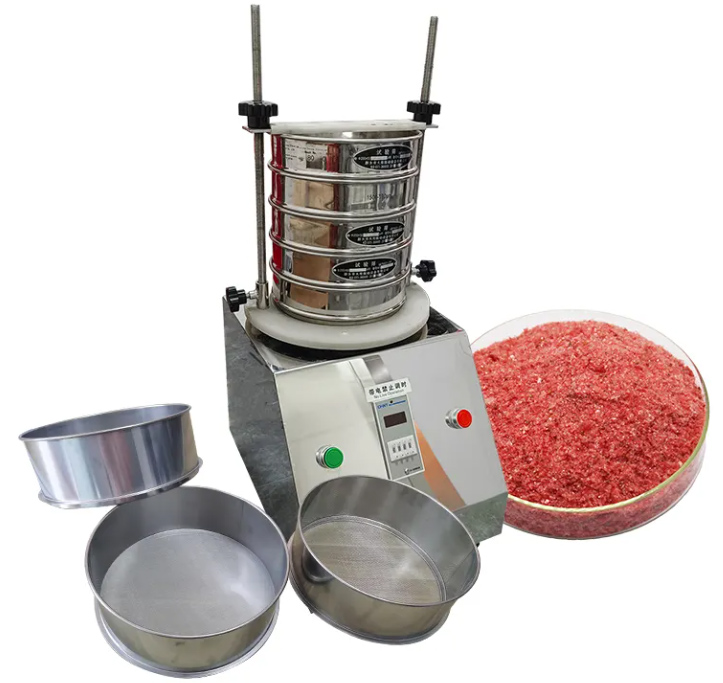
The use of test sieves can help researchers understand the particle size distribution and particle shape of granular materials. During the experiment, the material to be tested is first put into the sieve frame, and then the particles are sieved on the sieve through vibration or rotation. Larger particles will be blocked by the screen and stay in the upper layer, while smaller particles will fall into the lower layer through the screen. By weighing or counting particles at different levels, the particle size distribution of the particles can be obtained.
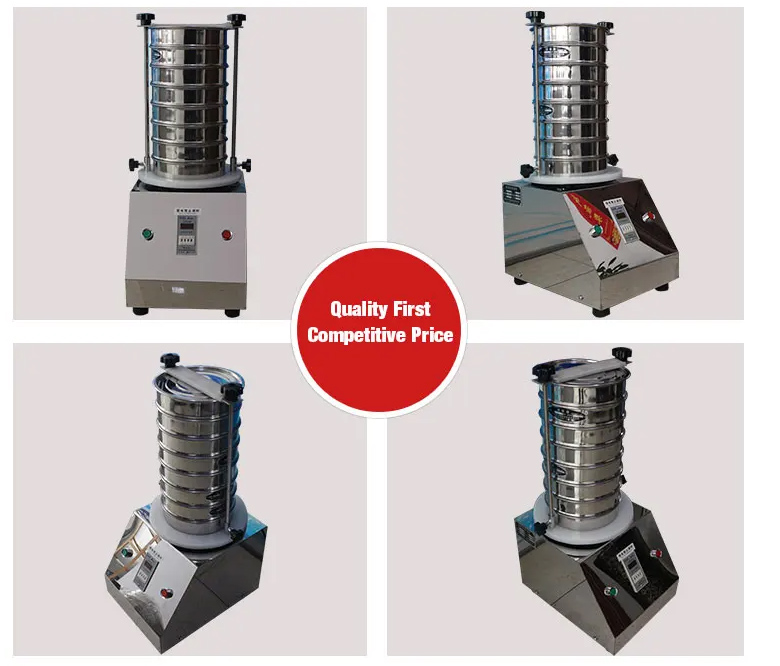
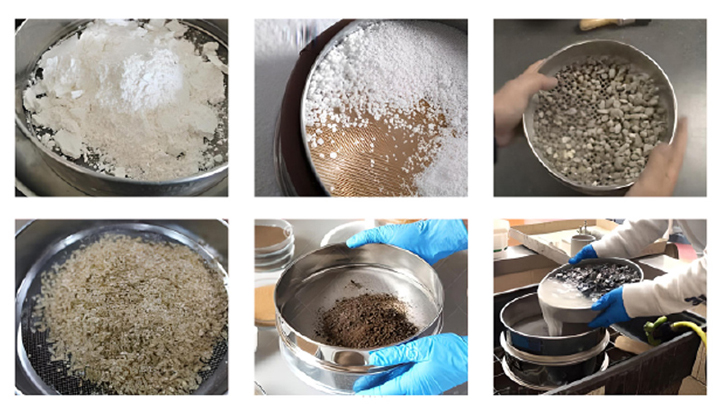
Laboratory test sieves are widely used in fields such as materials science, soil science, mineral resource development, chemical engineering, and medicine. For example, in materials science, laboratory test sieves can be used to study properties such as flowability, bulk density, porosity, etc. In soil science, dividing soil into particles of different sizes through laboratory test sieves can determine the texture of the soil, thereby understanding its physical properties and fertility status.
In the beneficiation process of mineral resource development, laboratory test sieves can be used to classify the particle size of ores, which can understand the genesis of minerals and the characteristics of mineral deposits. In the field of chemical engineering, laboratory test sieve can be used to control the particle size of powders, affecting the performance and reaction rate of products. In the field of medicine, laboratory test sieve are used to prepare biomaterials of different particle sizes for research purposes such as tissue engineering and drug delivery.
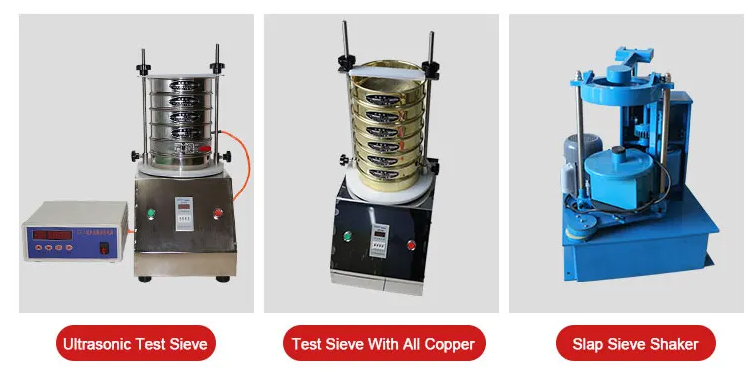
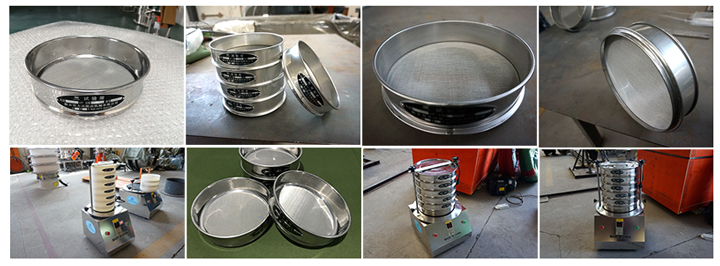
In order to ensure the accuracy and reliability of the test sieve, you need to pay attention to the following points when using it. First of all, the selection of screen mesh should be determined based on experimental needs and the characteristics of the materials to be screened. Secondly, the vertical vibration or rotation of the screen frame should be maintained during the screening process to ensure that the particles are evenly distributed on the screen. In addition, in order to avoid clogging and improve screening efficiency, the condition of the screen needs to be cleaned and checked regularly. Finally, when using a test sieve for particle size analysis, the appropriate classification method should be selected according to the purpose of the experiment, such as wet sieving, dry sieving or air sieving.
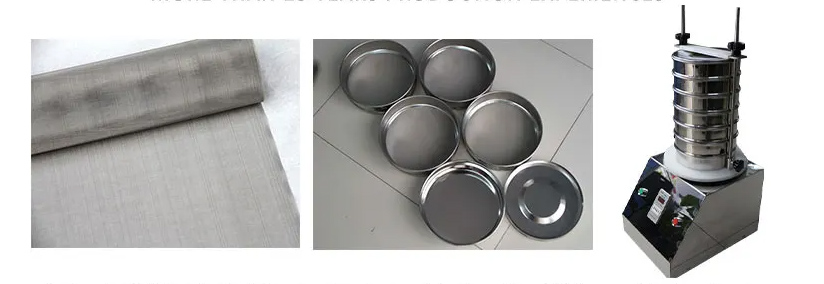
As a dedicated manufacturer, we offer not only laboratory test sieves but also stainless steel, woven mesh, brass, and perforated plate options. We offer effective screening for materials such as sand, gravel, Chinese herbs, and cement, whether dry or wet. We support testing with materials and provide comprehensive pre-sales, in-sales, and after-sales service, making us a reliable choice for many businesses.
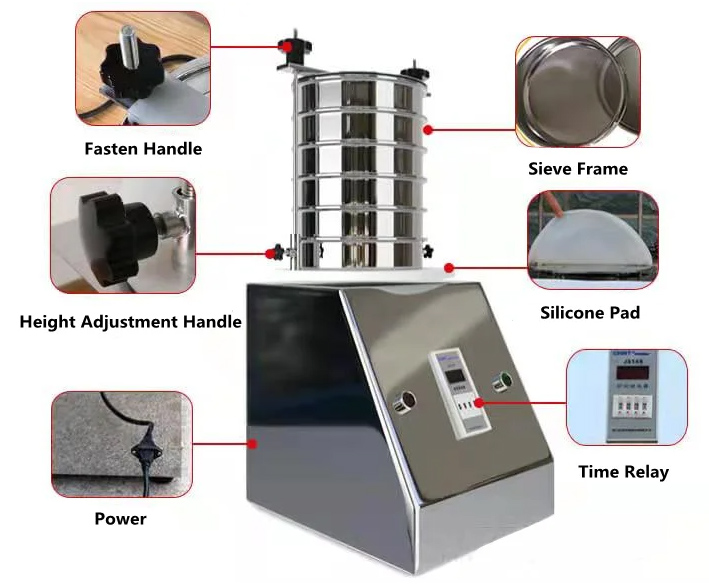
In short, test sieves are commonly used sieving tools in laboratories and can be used for particle size analysis and classification. It plays an important role in materials science, soil science, mineral resource development and other fields, helping researchers understand the characteristics and performance of granular materials. Through the correct use and maintenance of test sieves, the accuracy and reliability of experimental results can be ensured.
stainless steel pollen laboratory test sieve
Stainless steel pollen laboratory test sieve is a precision tool for pollen separation, classification and purity testing. It is an ideal choice because of its stable material, corr...
Laboratory test sieve used for fertilizer particle screening
Laboratory test sieve is a precision screening equipment widely used for detecting the particle size distribution of fertilizer particles, ensuring that the finished product meets q...
Milk powder laboratory test sieve
Milk powder laboratory test sieve is a laboratory equipment designed for milk powder particle size analysis and quality control. It can effectively solve the problems of uneven milk...
Aluminum powder laboratory test sieve
Aluminum Powder Laboratory Test Sieve is a device used for aluminum powder particle size analysis and classification. It achieves efficient screening through vibration or rotation. ...
Laboratory test sieves price is affected by many factors. Laboratory test sieves are a common laboratory equipment used for separation, classification and screening experiments of g...
Sep 17, 2025
laboratory test sieve can perform particle size classification, analysis and purity testing on solid ...
Sep 15, 2025
Civil engineering soil sieve is used to analyze soil particle size distribution by vibrating the part...
Sep 13, 2025
Soil sieves range in price from $3 to $500.This device separates materials such as soil, sand, and co...
Sep 09, 2025
Environmental soil sieve Common sieve sizes for environmental soil sieve include: coarse sieve 4.75mm...
![]()
Then we look forward to hearing from you
Contact Us
Industrials
Yanjin county forest park gate to the west 1000 meters north road sitemap
